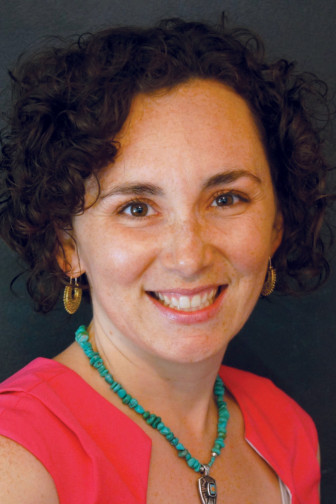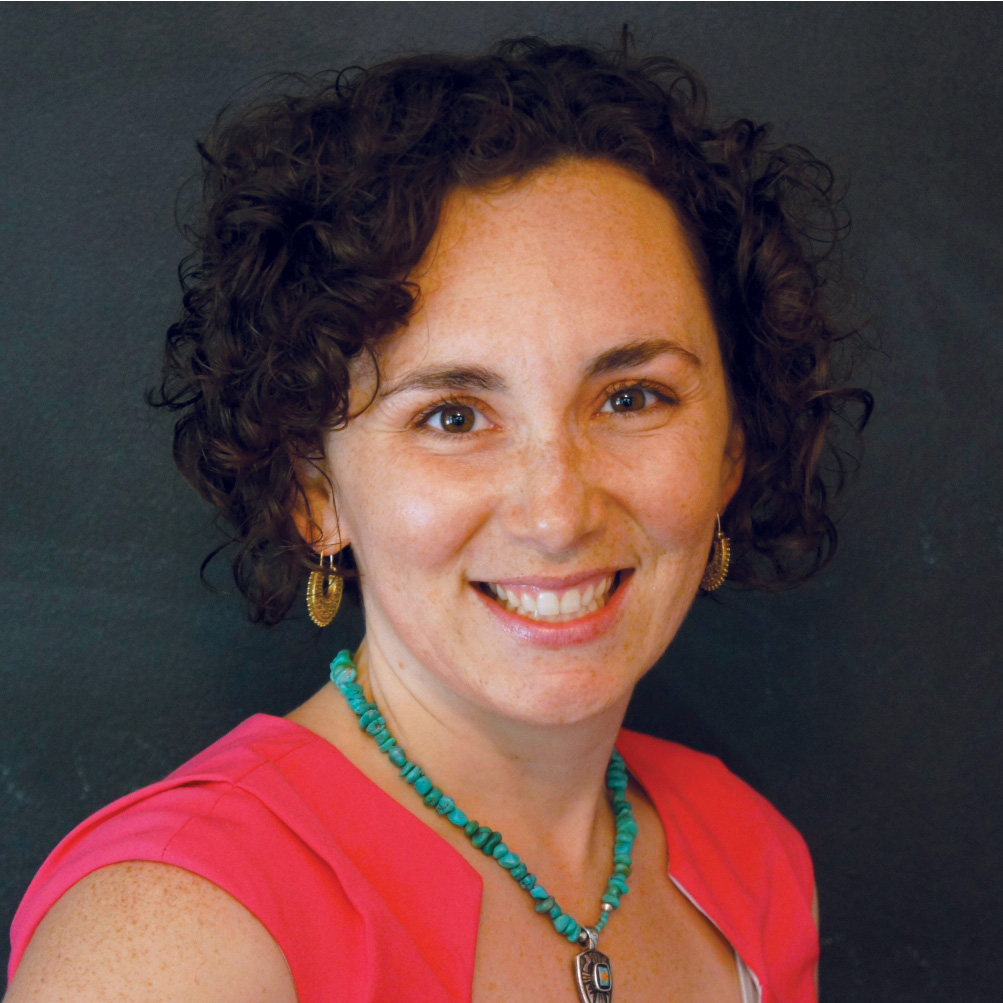 I was 15 when my parents sent me to rehab. I was called into my school counselor’s office one afternoon and given a choice: I could go to a nearby shelter for runaway and homeless youth or — thanks to my dad’s health insurance — rehab in sunny South Florida. I lived in the Northeast, and it was the middle of winter. The choice was easy.
I was 15 when my parents sent me to rehab. I was called into my school counselor’s office one afternoon and given a choice: I could go to a nearby shelter for runaway and homeless youth or — thanks to my dad’s health insurance — rehab in sunny South Florida. I lived in the Northeast, and it was the middle of winter. The choice was easy.
I learned a lot from the people in rehab. There was Joe, a middle-aged New Yorker, who ended up discharged a few days into inpatient treatment, went home, had a terrible bender and checked back into detox to try again. Susan, a redheaded pill popper who completed treatment but confessed her fears of relapse as she was leaving. And Gary, a daily marijuana user who could have cared less about sobriety but was well-insured and able to stay in rehab longer than anyone else.
I left the rehab after two months, grew up and went on to become a teacher and social worker, eventually moving into school and nonprofit leadership. Over the years, I would think about the people I met in rehab and wonder what ever happened to them.
Recently, I have been thinking about them a lot. I co-direct The Readiness Project — designed to figure out what readiness for life requires and what policies and parenting and professional practices lead to youth readiness — with my colleague Caitlin Johnson. Caitlin, our CEO Karen Pittman, and I have spent over a year talking to experts and digging into massive amounts of research to figure out what it takes for young people to meet their challenges at any stage or setting.
Read more about substance use disorder on Youth Today and JJIE.
Recently, we’ve identified four traps that get in the way of readiness. Knowing these has transformed how I think about my time and friends in Florida. I see where these traps were and how they kept so many young people from kicking their habits and leading a sober life.
Trap 1: Age as Proxy for Stage
In rehab, adolescent and adult activities were totally separate. If you were under 21, you spent time talking about peer pressure and making good choices at parties. The adults got to dig into complex challenges like parenting and working. The problem was that some of us in the adolescent programs were struggling with adult issues. We were assigned to groups and topics based on age, rather than the realities of our life roles and responsibilities. As a result, some of us left rehab without the proper tools needed to take on the challenges that we would face back home.
Trap 2: Time as Proxy for Progress
My friends and I progressed from detox to inpatient treatment to discharge based on how many days we had been there, rather than changes to our behaviors. Joe and I were both in detox for two days, although his transition off drugs was far more serious than mine. Then, his health insurance timed him out a week later, sending him back home and to heroin.
Trap 3: Completion as Proxy for Competence
Susan did everything the staff told her to do. She showed up, attended sessions, went to group therapy and individual counseling. She successfully completed the program. But Susan still felt woefully unprepared. She wanted and probably needed more time and training.
Trap 4: Access as Proxy for Quality
Gary stayed in rehab longer than anyone else. He accessed each aspect of inpatient care and then a halfway house. Even with this quantity of care, Gary did not stay sober. The type of support he needed did not match the quality of services he qualified for. Perhaps Gary was not ready to get clean; even so, I have met many people like him. They go with the treatment option that insurance covers for the longest period of time. Unfortunately, that is not always the best program.
Our research makes it clear that these traps extend beyond the world of prevention and treatment services. These issues are evident in all of the systems and settings where youth spend their time.
During the next few months, we’ll explore each of these traps in greater detail at YouthToday.org. We will examine how each of these misplaced foci narrows or cuts off young people’s pathways to readiness and wellness. And we will consider practical ways to change policy and practice to reduce or eliminate these traps.
Stephanie Malia Krauss is a senior fellow at The Forum For Youth Investment, focusing on issues of youth readiness and competency-based education. She was previously president and chief executive officer of Shearwater Education Foundation.
This column was produced in partnership with The Forum for Youth Investment.
More related articles:
Substance Use Disorder: A Chronic Health Issue Must Be Treated as Such
‘Somebody Asked:’ A Simple Strategy to Address Substance Use
The Recovery Diaries: Adam’s Story — Part One
































